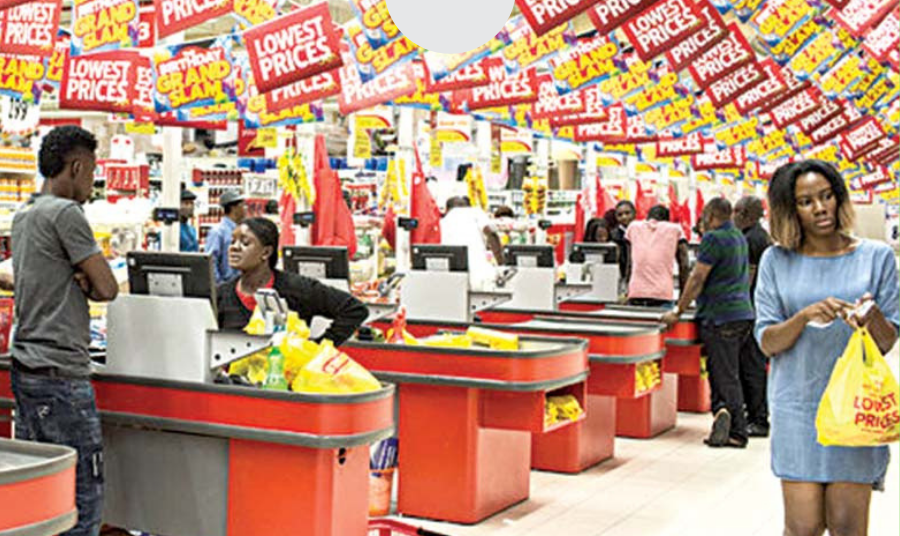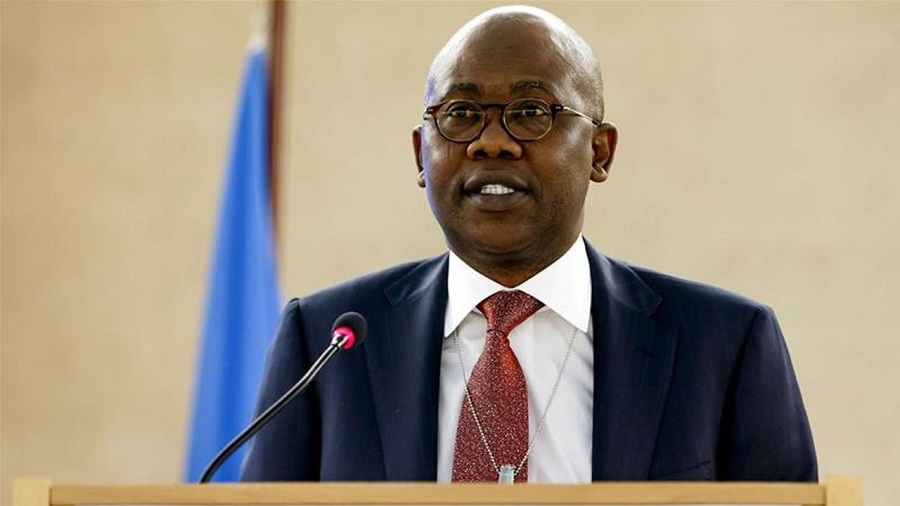Africa has for years been slow on attracting some of the world’s biggest players in the technology anf e-commerce space. For example, the likes of Amazon, Apple, eBay, Alibaba, Netflix have been slow at coming to perhaps the worlds most potent market.
But rather than wait most African countries have gone ahead to replicate some of these industries albeit via the help of foreign investments in the form of Venture Capital funds. Konga, Jumia are typical examples.
Now Bloomberg reports another African Country is set to replicate Netflix, the worlds internet media giant. According to Bloomberg, $55 billion mediaNaspers, is bent on attracting Africans to its new video-on-demand service.
Naspers’ 42-year-old chief executive officer Bob van Dijk’s is focusing on how to beatNetflix Inc. to a potential audience of more than 1 billion across the African continent with the company’s ShowMax service, which went live in South Africa earlier this month.
“It’s a priority for the group,” van Dijk, who oversees the project, said inan interview at Naspers’ headquarters in Cape Town. “We’ve never limited our ambition to South Africa.”
Van Dijk is plotting the expansion of ShowMax across the least-connected populated continent as rival Netflix plans to expand to be present in 200 countries by the end of next year. The move into online streaming is the latest evolution of a South African business that started as a newspaper publisher into an investor in emerging-market startups. In 2001, Naspers put $32 million into then-obscure Web company Tencent Holdings Ltd. Its stake today is worth more than $50 billion.
Naspers plans to spend about $65 million on ShowMax this year, which will probably break even in 2021 with about 800,000 subscribers, according to Morgan Stanley analystEdward Hill-Wood. ShowMax will be unprofitable until at least 2017, according to van Dijk, who declined to give subscriber numbers or forecasts.
Growth of video-on-demand is limited in Africa by a lack of fixed-line infrastructure. South Africa is the continent’s market leader with around 1 million lines. Wireless data is often too expensive for streaming data.
Providing data cheaply is a challenge, van Dijk said. “What people truly need for many reasons is affordable, quality, high speed.”
To help drive growth, Naspers is considering partnering with wireless operators to provide the service over their networks and will monitor the roll-out of high-speed cable across Africa, according to van Dijk. African phone companies likeMTN Group Ltd. have started offering smartphones for under $50.















